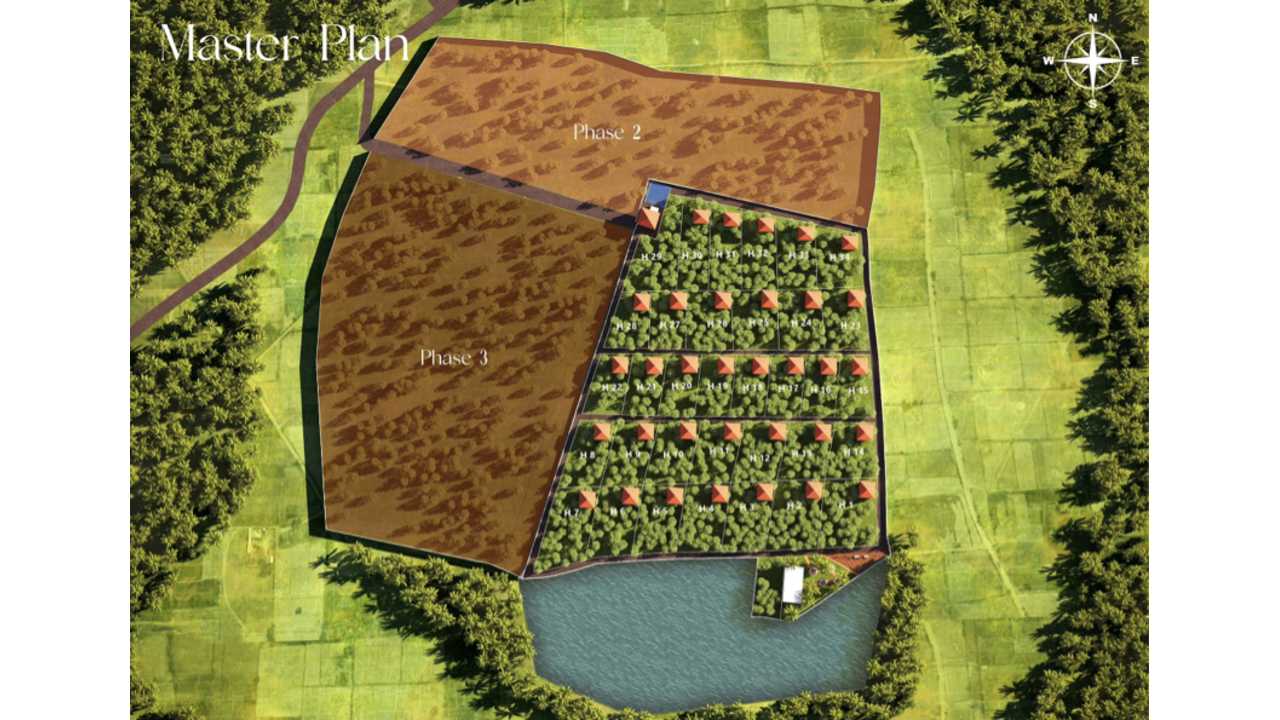
What is Sustainable Farming?
Sustainable farming, also known as agroecology or regenerative agriculture, integrates ecological principles into agricultural practices. It focuses on maintaining healthy ecosystems and preserving natural resources, ensuring long-term agricultural productivity. Unlike conventional farming, which often relies heavily on chemical inputs and monocultures, sustainable farming promotes diversity, reduces reliance on external inputs, and enhances resilience against environmental stresses.
Key Principles of Sustainable Farming
1. Soil Health: A core principle of sustainable managed farmland farming is maintaining and improving soil health. This involves practices such as crop rotation, cover cropping, and the use of organic matter to enhance soil structure, fertility, and microbial activity.
2. Soil Health: A core principle of sustainable farming is maintaining and improving soil health. This involves practices such as crop rotation, cover cropping, and the use of organic matter to enhance soil structure, fertility, and microbial activity.
3. Soil Health: A core principle of sustainable farming is maintaining and improving soil health. This involves practices such as crop rotation, cover cropping, and the use of organic matter to enhance soil structure, fertility, and microbial activity.
4. Soil Health: A core principle of sustainable farming is maintaining and improving soil health. This involves practices such as crop rotation, cover cropping, and the use of organic matter to enhance soil structure, fertility, and microbial activity.
5. Soil Health: A core principle of sustainable farming is maintaining and improving soil health. This involves practices such as crop rotation, cover cropping, and the use of organic matter to enhance soil structure, fertility, and microbial activity.
Conclusion
Sustainable farming represents a holistic approach to agriculture that balances environmental stewardship, economic profitability, and social equity. By adopting practices that promote soil health, biodiversity, and resource efficiency, farmers can contribute to a more sustainable and resilient agricultural system. As consumers, supporting sustainable farming through our food choices can drive positive change towards a healthier planet and society.














%202.015.webp)

















.jpg)

















